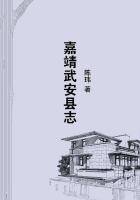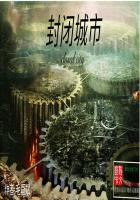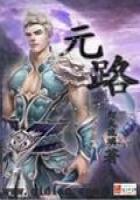Though in his personal conduct Luther fell far short of what people might reasonably look for in a self-constituted reformer, yet in many respects he had exceptional qualifications for the part that he was called upon to play. Endowed with great physical strength, gifted with a marvellous memory and a complete mastery of the German language, as inspiring in the pulpit or on the platform as he was with his pen, regardless of nice limitations or even of truth when he wished to strike down an opponent or to arouse the enthusiasm of a mob, equally at home with princes in the drawing-room as with peasants in a tavern --Luther was an ideal demagogue to head a semi-religious, semi-social revolt. He had a keen appreciation of the tendencies of the age, and of the thoughts that were coursing through men's minds, and he had sufficient powers of organisation to know how to direct the different forces at work into the same channel. Though fundamentally the issue raised by him was a religious one, yet it is remarkable what a small part religion played in deciding the result of the struggle. The world-wide jealousy of the House of Habsburg, the danger of a Turkish invasion, the long-drawn-out struggle between France and the Empire for supremacy in Europe and for the provinces on the left bank of the Rhine, and the selfish policy of the German princes, contributed much more to his success than the question of justification or the principle of private judgment. Without doubt, in Germany, in Switzerland, in England, in the Netherlands, and in the Scandinavian countries, the Reformation was much more a political than a religious movement.
The fundamental principle of the new religion was the principle of private judgment, and yet such a principle found no place in the issues raised by Luther in the beginning. It was only when he was confronted with the decrees of previous councils, with the tradition of the Church as contained in the writings of the Fathers, and with the authoritative pronouncements of the Holy See, all of which were in direct contradiction to his theories, that he felt himself obliged, reluctantly, to abandon the principle of authority in favour of the principle of private judgment. In truth it was the only possible way in which he could hope to defend his novelties, and besides, it had the additional advantage of catering for the rising spirit of individualism, which was so characteristic of the age.
His second great innovation, so far as the divine constitution of the Church was concerned, and the one which secured ultimately whatever degree of success his revolution attained, was the theory of royal supremacy, or the recognition of the temporal ruler as the source of spiritual jurisdiction. But even this was more or less of an after-thought. Keen student of contemporary politics that Luther was, he perceived two great influences at work, one, patronised by the sovereigns in favour of absolute rule, the other, supported by the masses in favour of unrestricted liberty. He realised from the beginning that it was only by combining his religious programme with one or other of these two movements that he could have any hope of success. At first, impressed by the strength of the popular party as manifested in the net-work of secret societies then spread throughout Germany, and by the revolutionary attitude of the landless nobles, who were prepared to lead the peasants, he determined to raise the cry of civil and religious liberty, and to rouse the masses against the princes and kings, as well as against their bishops and the Pope. But soon the success of the German princes in the Peasants' War made it clear to him that an alliance between the religious and the social revolution was fraught with dangerous consequences; and, at once, he went to the other extreme.
The gradual weakening of the Feudal System, which acted as a check upon the authority of the rulers, and the awakening of the national consciousness, prepared the way for the policy of centralisation.















